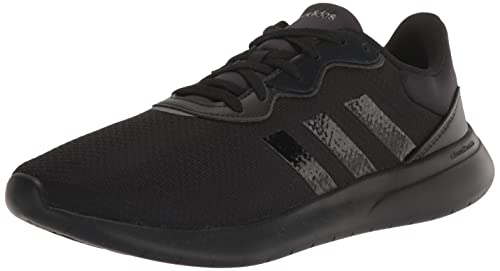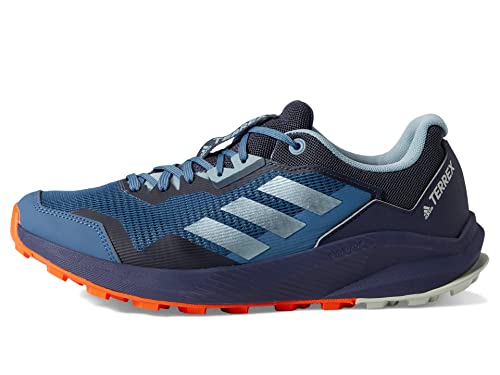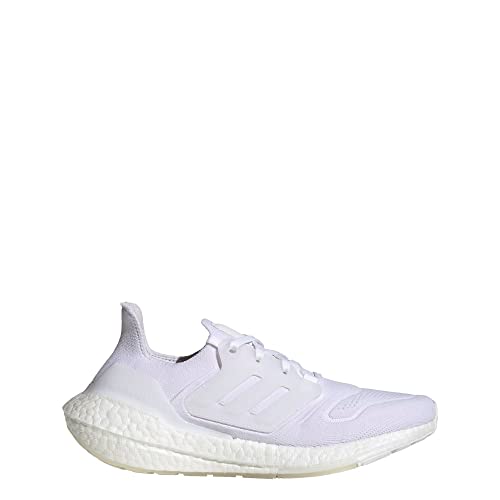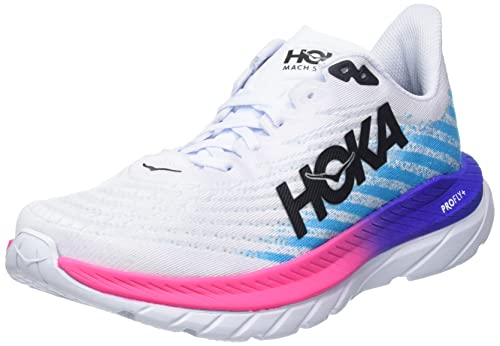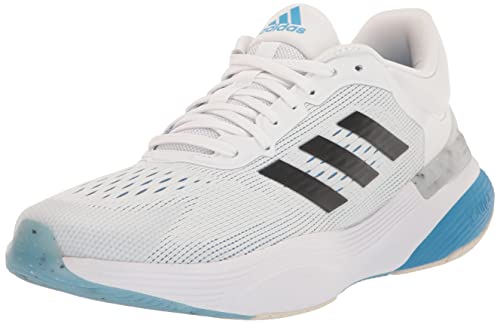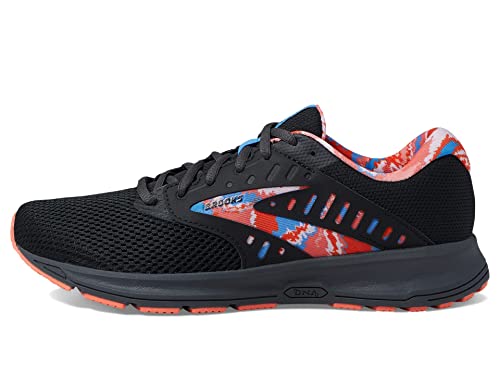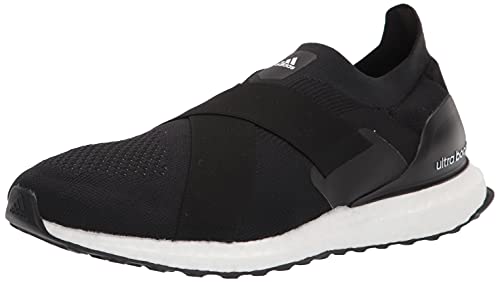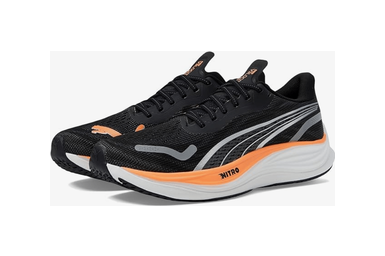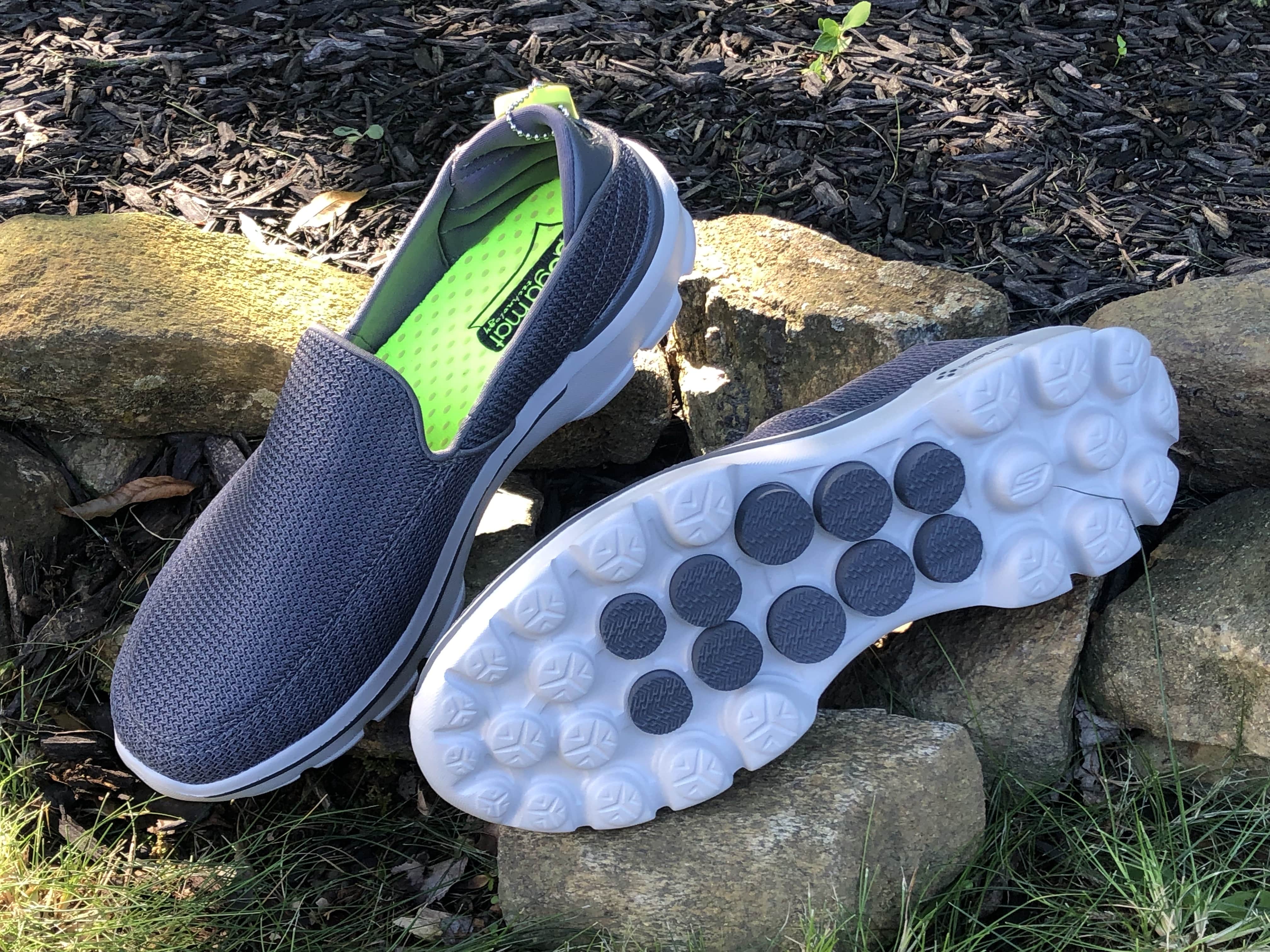Welcome to Save on Sneaks
Your ultimate destination for finding the best deals on stylish and affordable sneakers! We understand that sneakers have become more than just footwear – they're a fashion statement, a form of self-expression, and a symbol of personal style.
At Save on Sneaks, we're passionate about bringing you a curated selection of sneakers from popular brands at discounted prices. Whether you're a sneakerhead, an athlete, or simply someone who appreciates comfortable and trendy footwear, you've come to the right place. Explore our extensive collection, discover the latest releases, and step up your sneaker game with Save on Sneaks."

